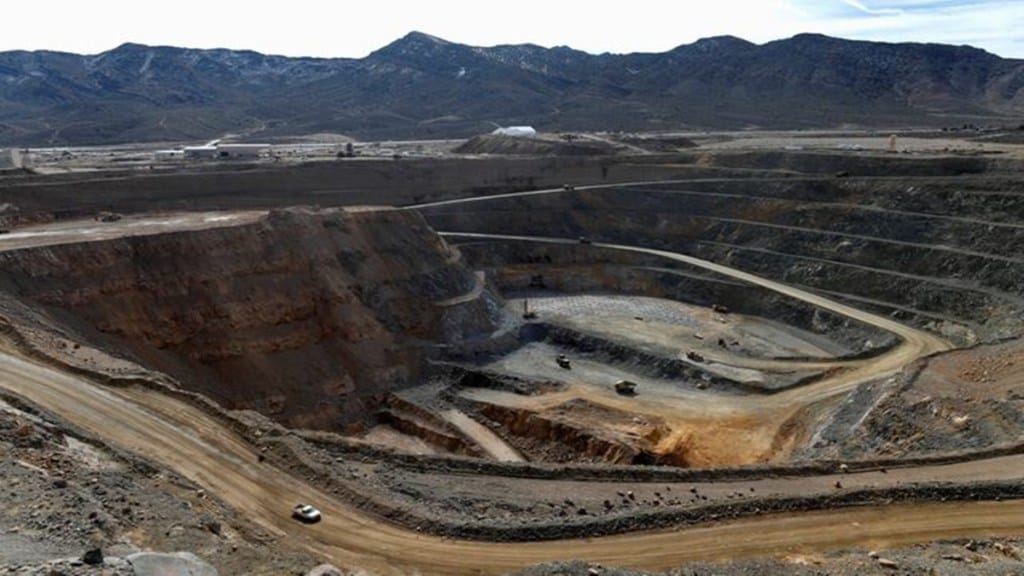China on Thursday expanded export controls on rare earths and related technologies, a move that sharpens its hold over critical mineral supply chains and poses new challenges for countries like India seeking to build self-reliance in advanced manufacturing. The revised rules, issued by the ministry of commerce, have extended the restrictions beyond raw minerals to include processing technologies, equipment, and intellectual property, and for the first time explicitly bar supplies linked to foreign defence and semiconductor applications.
These measures could complicate India’s efforts to secure rare earth inputs vital for its electric vehicle, renewable energy, and defence sectors. With China controlling about 60% of global rare earth mining and nearly 90% of processing capacity, any tightening of exports is felt worldwide, and especially in economies like India that rely on Chinese-origin magnets and materials.
New Restrictions
The new regime mandates export licences for goods that contain Chinese rare earths or are made using Chinese machinery, while prohibiting Chinese companies from entering overseas joint ventures or collaborations without official approval. Applications linked to defence or advanced semiconductor manufacturing are expected to face broad denials or lengthy reviews, as Beijing cites national security grounds.
Industry executives said that China’s latest move has revived concerns about supply disruptions last seen after its earlier curbs in April, which caused temporary shortages and forced several manufacturers to renegotiate contracts. The latest restrictions, they said, may constrain sourcing options and slow ongoing investments in high-value manufacturing.
Further, China has laid down the condition regarding end-user certification, whereby it is seeking written assurances from Indian buyers that rare earth supplies will not be diverted to the US or used in weapons systems. India has still not made its position clear on this demand.
India’s Dilemma
Heavy rare earth magnets are essential for EV motors, radar systems, and wind turbines. Substitutes such as ferrite magnets offer lower efficiency and performance. While India has been exploring alternative partnerships with Japan and South Korea and pushing domestic exploration, analysts said that the new restrictions placed by China would create hurdles here also.
As reported, the government is close to approving a Rs 7,300 crore incentive scheme to promote rare earth magnet manufacturing.


